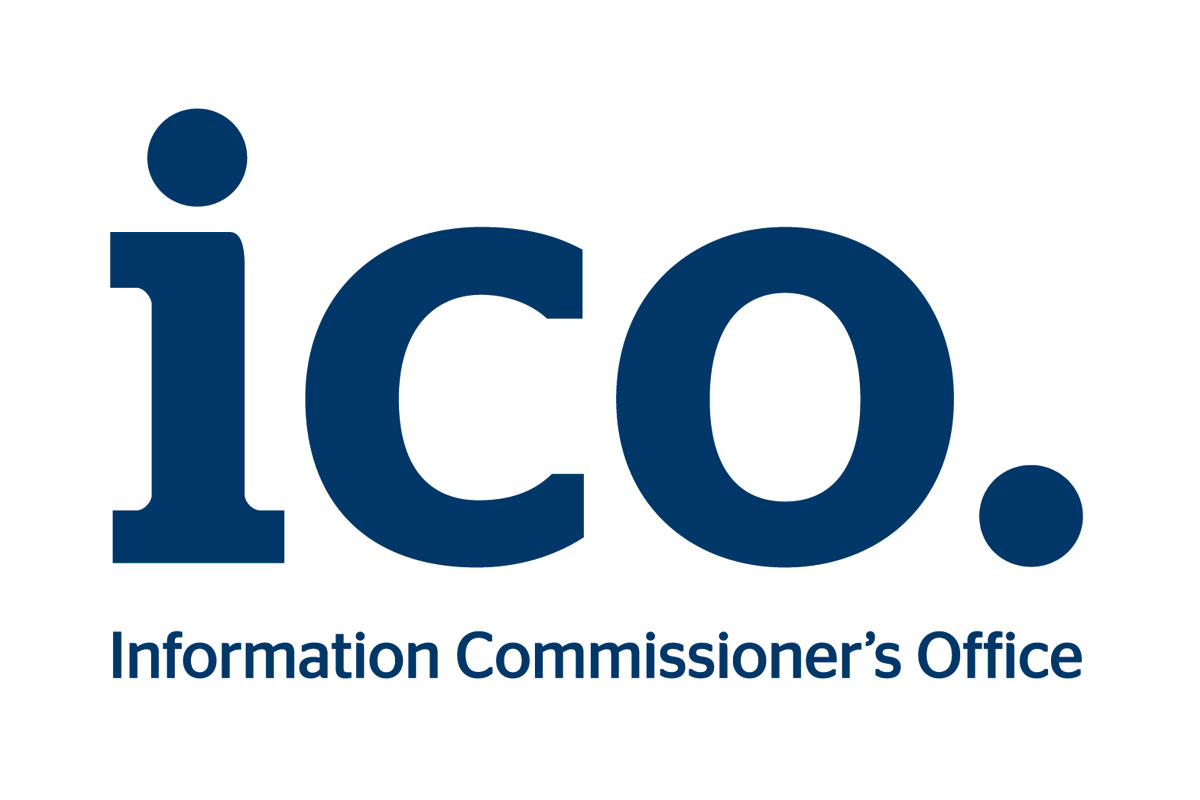New ESG regulations and net-zero commitments from Glasgow
COP26 is now entering its final week, but many major pledges have already been announced. The chancellor, Rishi Sunak, announced that most big UK firms and financial institutions will be required to publish their net-zero plans in line with the UK’s environmental disclosure framework: TCFD. With the ‘E’ part of ESG gathering significant attention at the Glasgow conference, it seems the UK is moving towards a regulated and mandated ESG disclosure framework.
The announcement by the Treasury means companies will have to set out detailed plans for how they intended to meet the UK’s goal of net-zero by 2050. Commitments though will not be mandatory, and it will be up to firms and shareholders to decide how to adapt to a low carbon future. The requirement is on the publication of the plans, with the aim of letting the market decide which plans are credible.
The Glasgow Financial Alliance for Net Zero (GFANZ) led by former Bank of England governor Mark Carney says more than $130trn (£95trn) of private capital “is now committed to transforming the economy for net zero.” In practical terms, this means financial institutions divest from highly polluting industries like oil fields and coal mines, and instead invest in renewable energy or provide a mortgage product that subsidises highly efficient homes.
What are companies doing about climate disclosures?
Many businesses took the opportunity to make new climate commitments during COP26. Moderna, Prudential Financial, and Xcel Energy have set out how they plan to decarbonise. Countries have also made commitments as well. Brazil has pledged to cut greenhouse gas emissions in half by 2030 and India made a significant commitment to reach net-zero by 2070, helping push global warming projections beneath 2°C for the first time.
Shortly before COP26, the UK announced it would be the first country to pass legislation to mandate climate change TCFD disclosures for Britain’s largest companies and financial institutions from April 2022. These rules will require over 1,300 companies to disclose their climate-related financial information. This new law is perhaps one of the most significant ESG-related mandatory disclosure rules to yet be introduced.
What is the International Financial Reporting Standards Foundation doing about ESG?
The International Financial Reporting Standards (IFRS) Foundation made some significant announcements during the first week of COP26. They set global accounting standards and are aiming to provide global financial markets with high-quality disclosures on climate and sustainability issues. They announced the formation of a new International Sustainability Standards Board to develop a comprehensive global baseline of disclosure standards.
They will also consolidate the Climate Disclosure Standards Board and the Value Reporting Foundation to streamline the Integrated Reporting Framework and Sustainability Accounting Standards Board. A prototype of climate, as well as general disclosure requirements developed by the Technical Readiness Working Group will also be published.
Does the UK plan to regulate ESG?
While heads of government are making international commitments, ordinary businesses are wondering how to commit to net-zero. Undertaking ESG reporting is a compelling way to demonstrate the impact a business has on the wider environment, as well as the impact on society and strength of its governance.
Despite more attention on ESG, it remains an unregulated space, without standardised reporting frameworks. In fact, there are dozens of different ESG reporting frameworks out there, which can often be confusing for smaller businesses unsure of where to start. Ratings agencies have also been known to give unreliable data, with some companies rated as AAA by one agency, and as D by another. Often ratings are tied to the simple volume of data provided, as opposed to the actual outcome. Having processes in place can lead to higher ratings, even if the data does not support measurable action on those commitments.
There is also significant concern around greenwashing, with companies and board worried about managing their reputation and being called out in the press for getting ESG wrong. It can be complicated space for boards to navigate, especially when there is so much uncertainty in how to manage the process. Financial institutions and traditional risk management tend to approach company disclosures as into financial or non-financial matters. But ESG takes a different approach. Non-financial is merely pre-financial. A health and safety violation could lead to a monetary fine, and reputational damage can impact on customers and contracts. Bringing these seemingly disparate topics under the banner of ESG helps to provide better data for investors, and provides a highly detailed risk outlook for the business itself.
Given the benefits of understanding ESG data, there is a greater push for regulation. The EU is moving ahead with their corporate due diligence and corporate accountability directive, which will require businesses to identify, address and remedy their impact on human rights and the environment. However those rules are not expected to come into force for the next several years.
In the US, the SEC has been consulting on mandatory climate disclosures, as well as broader ESG disclosures. Gary Gensler, chair of the U.S. Securities and Exchange Commission, has been unequivocal about his intention to bring transparency and credibility to ESG investments in the United States.
The UK wants to standardise and regulate the ESG space. This will likely give businesses a better idea of what to report and how. Given the IFRS Foundation is moving ahead with setting international standards and the EU corporate accountability directive, the UK’s position on ESG regulation will be closely watched at home and abroad.
What to know about environmental regulation after Glasgow
VinciWorks is hosting a webinar on 17 November to dissect and discuss international commitments and potential new areas of regulation following the COP26 summit in Glasgow. Joining us for this webinar will be James Alexander, Chief Executive of the UK Sustainable Investment and Finance Association. As well as the impact of COP26, we’ll hear from James about ethical investing and how businesses can set themselves apart through net-zero commitments and ESG compliance. You can also listen again to our previous webinar on ESG: a new era in corporate accountability.
The webinar will cover:
- Current environmental regulations for businesses and what might change
- The impact of COP26 on compliance
- How companies can work towards net-zero
- Understanding ESG reporting and preparing for ESG regulation
- Setting up an environmental compliance programme













